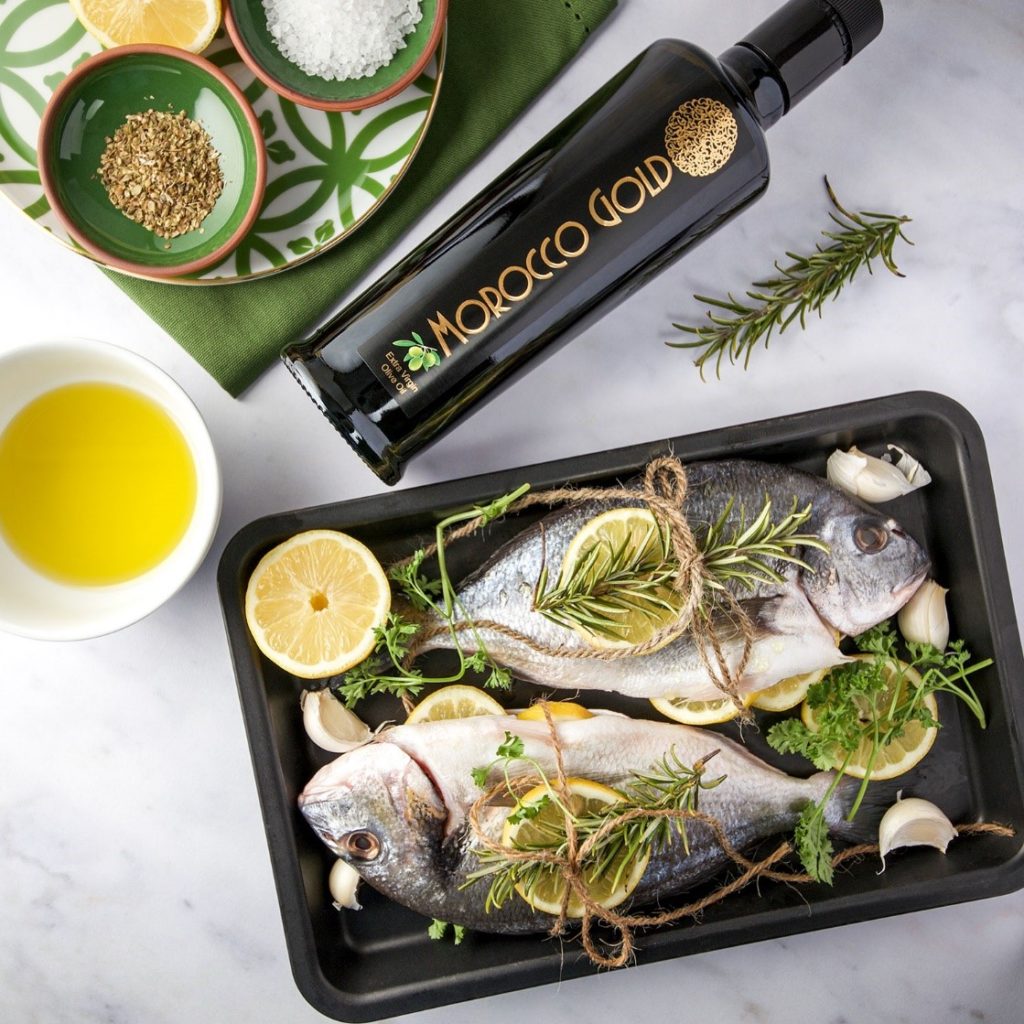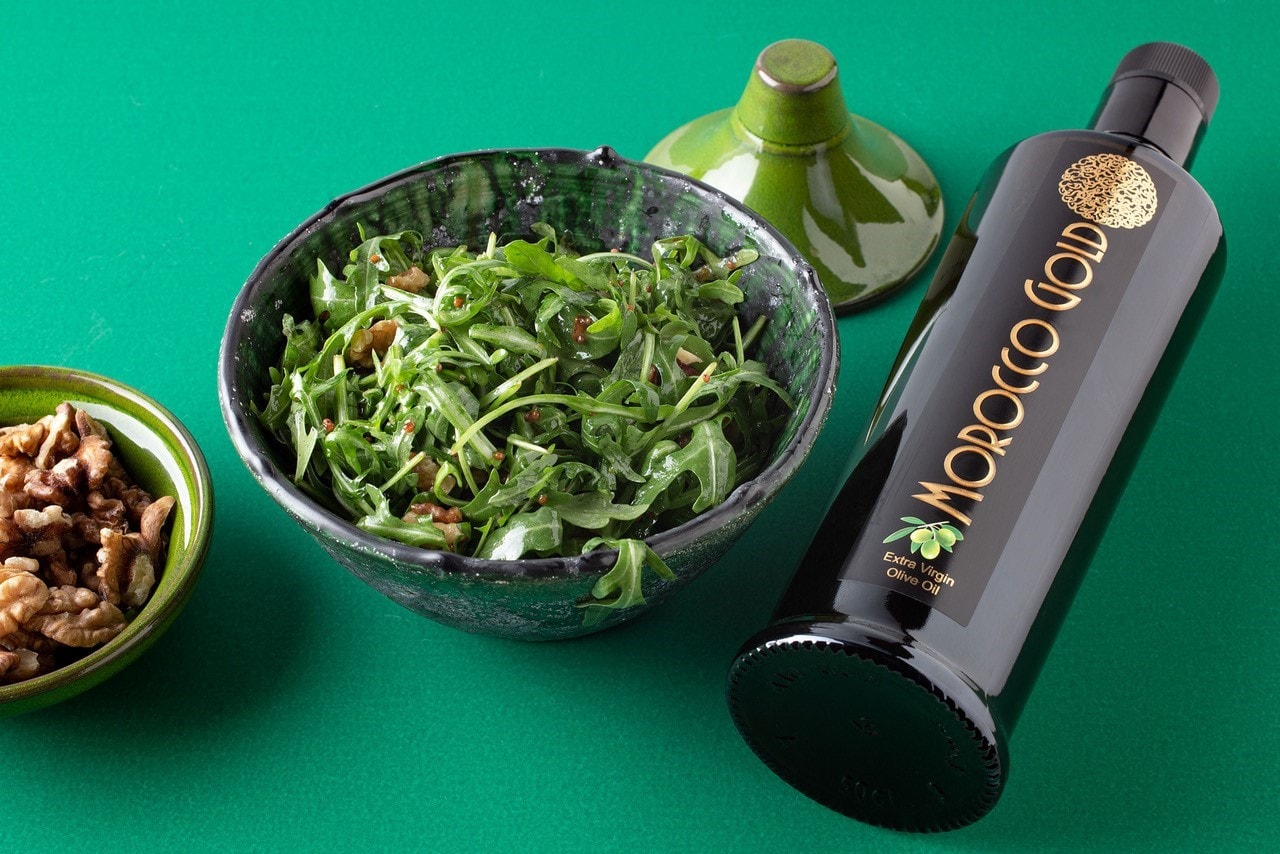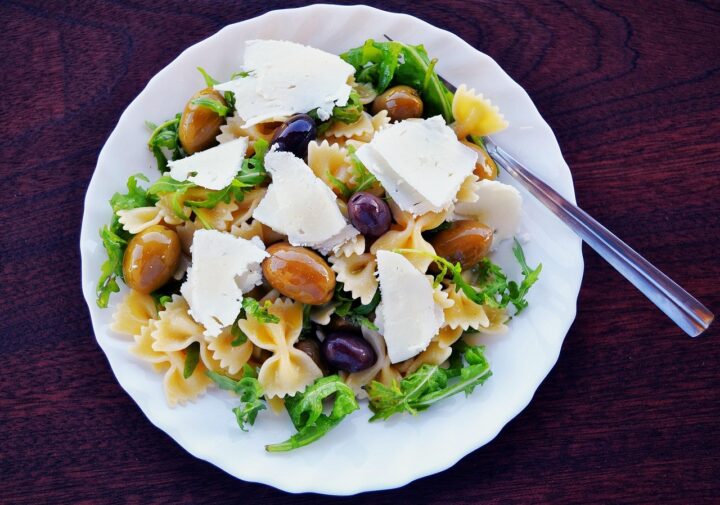New Study Shows Olive Oil Reduces Brain Inflammation In Alzheimer’s

Summary
- New study links regular consumption of extra virgin olive oil with reduction in inflammation biomarkers.
- Research shows extra virgin olive oil is beneficial for brain health and protects from age-related cognitive decline and dementia.
- The Anti-Inflammatory effect of extra virgin olive oil can have a multitude of health benefits.
Contents
- New Study Links Extra Virgin Olive Oil Intake With Reduced Inflammation For People Living With Alzheimer’s
- Extra Virgin Olive Oil Can Reduce Inflammation Markers
- Extra Virgin Olive Oil’s Role in Reducing Inflammation
- Further Health Benefits From Reducing Inflammation With Extra Virgin Olive Oil
- How to Integrate Extra Virgin Olive Oil into Your Diet
New Study Links Extra Virgin Olive Oil Intake With Reduced Inflammation For People Living With Alzheimer’s
A recent study has shown that extra virgin olive oil can significantly reduce brain inflammation in Alzheimer’s patients. Scientists conducted experiments on mice genetically engineered to develop Alzheimer’s-like symptoms.
The results were astonishing. Mice fed with a diet enriched with EVOO exhibited fewer signs of brain inflammation compared to those on a regular diet.
According to a new study, US researchers found that mice fed a regular serving of extra virgin olive oil exhibited a reduction in numerous inflammation biomarkers.
The Study, reported in the Journal of Alzheimer’s Disease, concluded:
Among the 79 biomarkers measured, compared with the control group, mice receiving the extra virgin olive oil had a significant reduction in several markers.
[These] results demonstrate that chronic administration of extra virgin olive oil has a potent anti-neuroinflammatory action in a model of Alzheimer’s disease.
Journal of Alzheimer’s Disease
Extra Virgin Olive Oil Can Reduce Inflammation Markers
Understanding Inflammation Markers
Inflammation markers are substances in the body that indicate the presence of inflammation. High levels of these markers are often found in patients with chronic diseases like Alzheimer’s. Reducing these markers could lead to better health outcomes.
Extra Virgin Olive Oil’s Role in Reducing Inflammation
Extra virgin olive oil contains potent antioxidants such as oleocanthal and oleuropein. These compounds have been shown to reduce inflammation by inhibiting the production of pro-inflammatory cytokines. In essence, EVOO helps the body maintain a balanced inflammatory response, crucial for brain health.
A healthy diet, like the Mediterranean diet, including extra virgin olive oil like Morocco Gold can help combat inflammatory diseases. The polyphenols Oleouropein Aglycone and Oleocanthal within extra virgin olive oil help to combat inflammatory diseases.
Morocco Gold extra virgin olive oil is rich in both of these polyphenols.
Inflammation is a critical response to potential danger signals and damage in organs in our body. In diseases such as rheumatoid arthritis, lupus, ulcerative colitis, Crohn’s disease and others, the immune system turns against the bodies’ organs.
These painful and, in some cases, progressively debilitating conditions can take a toll on people’s quality of life and create both societal and economic burdens.
Clinical Evidence Supporting EVOO
Several clinical trials have supported the anti-inflammatory properties of Extra Virgin Olive Oil. In one study, participants consuming a Mediterranean diet rich in EVOO showed lower levels of inflammation markers compared to those on a low-fat diet. This evidence further reinforces the potential benefits of incorporating Extra Virgin Olive Oil into daily nutrition.
Further Health Benefits From Reducing Inflammation With Extra Virgin Olive Oil
Cardiovascular Health
One of the most well-known benefits of Extra Virgin Olive Oil is its positive impact on heart health. By reducing inflammation, EVOO helps to lower the risk of cardiovascular diseases. The anti-inflammatory compounds in Extra Virgin Olive Oil improve blood vessel function and reduce oxidative stress, promoting overall cardiovascular well-being.
Joint Health and Mobility
For those suffering from arthritis or other joint-related issues, EVOO can be a game-changer. Its anti-inflammatory properties help to reduce joint pain and improve mobility. Regular consumption of Extra Virgin Olive Oil can lead to a decrease in the stiffness and discomfort associated with inflammatory joint conditions.
Immune System Support
A balanced inflammatory response is essential for a healthy immune system. EVOO aids in regulating the immune response, ensuring that it is neither too aggressive nor too weak. This balance is critical in preventing chronic diseases and maintaining overall health.
How to Integrate Extra Virgin Olive Oil into Your Diet
Simple and Delicious Ways
Adding Extra Virgin Olive Oil to your diet is easy and delicious. Drizzle it over salads, use it as a cooking oil, or blend it into smoothies. The possibilities are endless, and the health benefits are substantial.
Tips for Choosing Quality EVOO
When selecting Extra Virgin Olive Oil, look for products labelled “extra virgin,” as they are minimally processed and retain the most beneficial compounds. Check for a harvest date to ensure freshness and opt for dark glass bottles to protect the oil from light degradation.
Recommended Daily Intake
While EVOO is beneficial, moderation is key. Aim for about two tablespoons per day to reap the health benefits without overconsuming calories. Incorporating EVOO into a balanced diet can enhance its anti-inflammatory effects.
Conclusion
The recent study highlighting the benefits of extra virgin olive oil in reducing brain inflammation related to Alzheimer’s is a beacon of hope. For health enthusiasts, nutritionists, and Alzheimer’s patients, integrating EVOO into daily nutrition offers numerous health benefits beyond brain health. By reducing inflammation markers, boosting cardiovascular and joint health, and supporting the immune system, EVOO stands out as a valuable addition to any diet.






